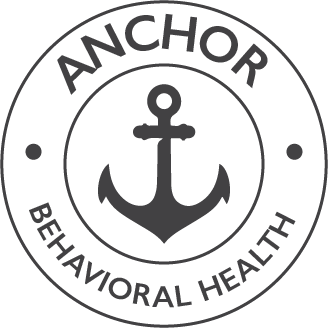 When someone struggles with both a mental health disorder and a substance use disorder at the same time, it’s called a dual diagnosis. Also known as co-occurring disorders, dual diagnosis is more common than many realize. According to the National Institute on Drug Abuse (NIDA), about half of individuals who experience a substance use disorder during their lives will also experience a mental health disorder — and vice versa.
When someone struggles with both a mental health disorder and a substance use disorder at the same time, it’s called a dual diagnosis. Also known as co-occurring disorders, dual diagnosis is more common than many realize. According to the National Institute on Drug Abuse (NIDA), about half of individuals who experience a substance use disorder during their lives will also experience a mental health disorder — and vice versa.
How Dual Diagnosis Complicates Treatment
Treating dual diagnosis is more complex than treating addiction or mental health conditions alone. Here’s why:
- Symptoms Overlap: Mental health symptoms and substance use effects can mirror each other, making accurate diagnosis challenging.
- One Can Worsen the Other: Substance use often intensifies mental health symptoms, and untreated mental health issues can lead to relapse.
- Treatment Resistance: Without addressing both conditions, recovery becomes much more difficult. Ignoring one disorder can cause setbacks in treating the other.
Traditional treatment approaches that focus only on addiction or only on mental health often fall short for people with dual diagnosis.
The Benefits of Integrated Care
Integrated treatment — where both the mental health and substance use issues are addressed together — leads to better outcomes for individuals with dual diagnosis. Here’s why integrated care matters:
- Comprehensive Assessment: Providers look at the full picture, understanding how mental health and substance use issues interact.
- Coordinated Care: Treatment plans address both conditions simultaneously through therapy, medication management, lifestyle support, and relapse prevention.
- Improved Recovery Rates: Studies show that integrated care reduces relapse rates, improves psychiatric symptoms, and leads to better quality of life.
- Personalized Support: Clients receive tailored interventions based on their specific mental health and substance use needs.
Signs You Might Need Dual Diagnosis Treatment
If you or a loved one is struggling with addiction and also experiencing symptoms like depression, anxiety, trauma, or mood swings, dual diagnosis treatment could be key to lasting recovery. Some signs include:
- Using substances to cope with emotions or mental health symptoms
- Mental health symptoms worsening with substance use
- Multiple failed attempts at sobriety
- Feeling like treating one issue doesn’t improve overall well-being
Final Thoughts
Dual diagnosis is challenging, but with the right approach, recovery is absolutely possible. Integrated care that treats both mental health and addiction provides the best foundation for long-term healing and resilience.
If you or someone you know might benefit from dual diagnosis treatment, don’t wait to seek help. Addressing both sides of the struggle can make all the difference in achieving a healthier, happier life.

